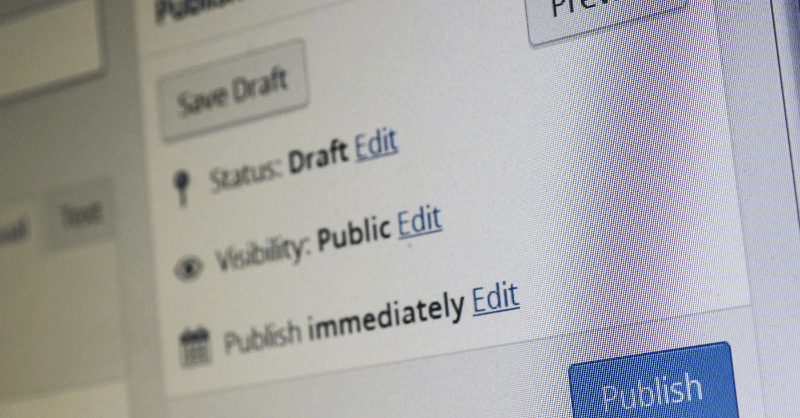Today, we’re tackling a topic that might seem daunting but is crucial for any site owner: WordPress security issues and vulnerabilities.
Understanding the potential security pitfalls of WordPress can seem complex, but don’t worry—we’ve got you covered with a clear, conversational breakdown of the top 13 vulnerabilities you should watch out for.
Let's get started. We will equip you with the knowledge to safeguard your site, allowing you to focus on growing your business.
1. Brute Force Attacks: Imagine someone repeatedly trying to guess your house key combination—that's essentially a brute force attack, but on your website’s login page. These attacks involve trial-and-error attempts to guess your username and password, making a firm password policy necessary.
Tip: Implement two-factor authentication and limit login attempts to shield your site.
2. SQL Injection: SQL injection can occur when an attacker manipulates your database using a web form field or URL parameter. By exploiting vulnerabilities in your SQL database, they can access sensitive information.
Solution: To close any loopholes, update your WordPress environment, including plugins and themes.
3. Cross-Site Scripting (XSS): This is the most common vulnerability in WordPress plugins. Attackers inject malicious scripts into your pages, which run when users interact with them. This can lead to unauthorized access or data theft.
Preventive Measure: Regularly update your plugins and themes, and only download from reputable sources.
4. File Inclusion Exploits: File inclusion exploits occur when vulnerable code allows attackers to load remote files that exploit your web server. This can compromise your entire site’s functionality.
How to Prevent: Ensure your security configurations are tight and your software is up-to-date.
5. CSRF (Cross-Site Request Forgery): Imagine tricking someone into transferring money without them realizing—that’s CSRF. Attackers make users submit a request to another website where they’re logged in, exploiting their credentials.
Counteraction: Use tokens that validate user requests on your site to fight off CSRF attempts.
6. DDoS Attacks (Distributed Denial of Service): Overwhelming traffic from multiple sources can flood your site, making it inaccessible. DDoS attacks can bring your business to a halt.
Mitigation: Use Website HQ’s advanced CDN and firewall protections to diffuse these traffic bombs.
7. Phishing Attempts: In phishing, attackers attempt to masquerade as a trusted entity to steal sensitive information. They might mimic a request from your host or a familiar plugin.
Defense Strategy: Educate your team on spotting phishing attempts and secure your admin emails.
8. Malware: From backdoors to drive-by downloads, malware is malicious software that inserts itself into your site to exploit it for data theft or to serve illegal files.
Cleanup: Regular scans and Website HQ’s robust malware protection keep your site clean.
9. Weak Passwords: The digital equivalent of leaving your front door unlocked, weak passwords are a hacker’s dream.
Remedy: Encourage strong passwords among all your users and employ password management tools.
10. Outdated WordPress Core, Plugins, and Themes: Not updating your WordPress core, plugins, and themes is like having a security system but not turning it on.
Best Practice: Automatic updates through Website HQ ensure you're always running the latest software versions.
11. Insecure Hosting: A vulnerable server can be a gateway for attackers to exploit multiple hosted websites.
Why Choose Us: Website HQ’s managed hosting solutions prioritize security with daily backups, firewalls, and constant monitoring.
12. Inadequate User Roles & Permissions: Giving too much power can lead to accidental or deliberate misuse of your site. Restrict permissions to only what’s necessary.
Action: Audit user roles regularly and adjust permissions with precision.
13. Poor System Administration: Ineffective system administration can leave your site open to various attacks due to misconfigured servers, poor security practices, and outdated software.
Our Solution: Let Website HQ handle the technical side so that you can focus on your business goals.
Understanding WordPress vulnerabilities is key to safeguarding your online presence. Protecting your WordPress site doesn't need to be a chore, especially not with Website HQ in your corner. From firewalls and daily backups to malware protection and CDN services, we manage the technicalities so you can concentrate on what you do best—running your business.
Ready to secure your WordPress site without the hassle? Contact us today and let Website HQ take your site security to the next level!

